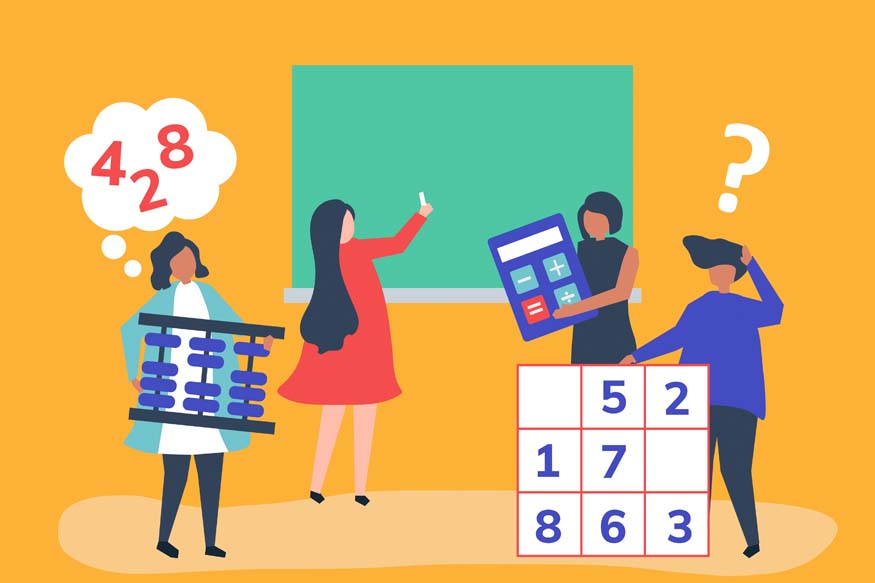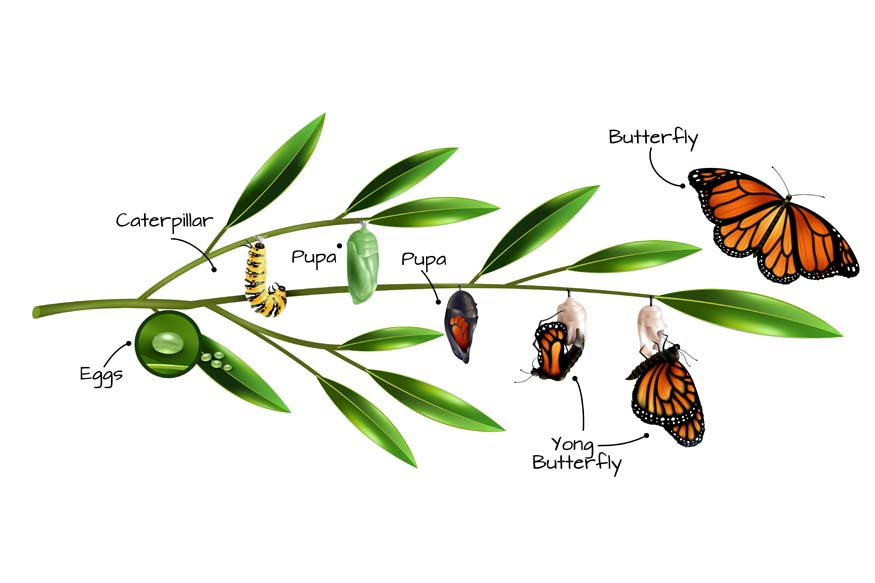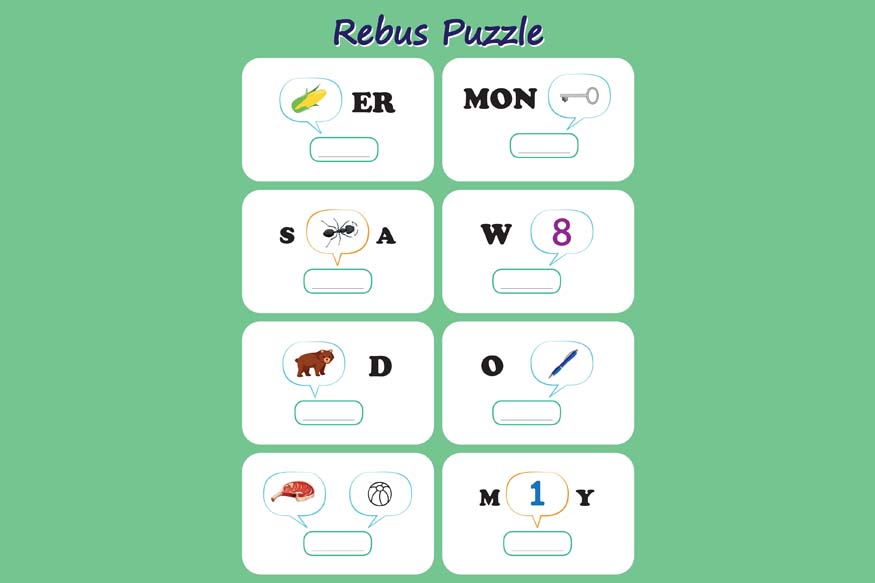Children experience similar mental illness as adults but show different symptoms. Quite often, these symptoms are not noticeable to the parent resulting in children missing out on their chance to get treated early. Usually toddlers are not able to express their unusual behaviour. Due to this, parents often struggle to differentiate between the mental illness and growth changes in children based on their behaviour.
Understanding what is mental illness
Mental illness, also referred to as Mental Health Disorder, is a distress caused on overall wellness and disrupts one from acting normal. Children’s mental illness often shows signs of delayed thinking, changes in behaviour or social skills. As a result the child struggles to act normally in places like school and other social settings.
Warning Signs of poor mental health
There could be many symptoms that children show of mental illness.
- Sadness that lasts a long time – Some children may often experience long spells of sadness, despite the absence of any obvious reason.
- Behavioural change when in social settings – Showcasing frequent mood changes, restlessness and throwing tantrums.
- Hurting oneself or talking about hurting oneself – Expressing emotions such as anger or irritation through bodily harm.
- Talking about extreme negative emotions – Having a pessimistic attitude and lack of joy even about their favourite things.
- Unusual yet harmful behaviour – Ignoring the signs of danger and behaving in a reckless manner.
- Changes in eating habits – Loss of appetite leading to children not enjoying their favourite food.
- Weight loss – A sudden drop in body weight as a result of stress and improper nutrition.
- Improper sleep – Disruption in the regular sleep cycle.
- Lack of focus – Shortened attention span and lack of interest even in their favourite activities.
Common mental health disorders
- Anxiety disorders
- Attention-deficit/hyperactivity disorder (ADHD)
- Autism spectrum disorder (ASD)
- Eating disorders
Eating disorders are serious mental health conditions characterized by abnormal eating habits that negatively impact a child’s physical and emotional well-being. These disorders often involve an unhealthy relationship with food, body weight, and body image. Eating disorders such as anorexia nervosa, bulimia nervosa and binge-eating disorder may result in unusual emotional and social conduct.
This is a lasting sadness with a low irritable mood that makes a child lose interest in typical activities. Depression disrupts a child’s school life and their interaction with others. Bipolar disorder is a common disorder where children experience severe mood swings and emotional turmoil.
- Post-traumatic stress disorder (PTSD)
Children with anxiety often experience unprovoked fears and worries. This condition can severely hamper their focus and ability to perform daily activities. Anxiety can significantly hamper children’s academic and social life. Social anxiety, generalised anxiety and obsessive-compulsive disorders are some of the common types of anxiety that your child can experience and each need special attention.
ADHD is a disorder where a person suffers from serious inattention and hyperactivity. Children with ADHD often struggle with focusing, controlling their impulses, and display hyperactive behaviour, which sets them apart from their peers of the same age.
Autism spectrum disorder is a neurological condition. It is a condition related to brain development that impacts how a person perceives or socializes with others.
This is a childhood psychiatric disorder observed often in children of age below 3. One of the key indicators of autism is a lack of social skills and trouble understanding non-verbal cues along with repetitive motor behaviour like flapping of arms, rocking of legs.
PTSD is a mental health disorder which is a result of a traumatic experience or accident. This disorder can cause a long-term emotional scar and can give constant nightmares and scary memories to children. Children suffering from PTSD usually display great emotional vulnerability, rudeness, fear of new experiences and people among other symptoms.
Mental Illness treatment
Treatment for children experiencing mental health issues include:
Psychotherapy
Often referred to as talk therapy or behavioural therapy, psychotherapy requires discussions with a psychologist or another mental health expert. For younger children, this may involve engaging in play or games. Through psychotherapy, children acquire skills to articulate and manage their thoughts and emotions, as well as develop new behaviours and coping mechanisms.
Medications
A Mental health professional may recommend medication as part of the overall treatment procedure. This medication could include stimulants, antidepressants, anti-anxiety medications, antipsychotics, or mood stabilisers. They typically discuss the anticipated benefits, potential risks, and side effects associated with the medication.
Parents help to fight Children’s Mental Illness
Parents’ role in supporting your child’s treatment plan is vital . Here are some ways you can help your child fight mental illness better.
- Having an open chat with children can be a great start. Creating an open forum and having light hearted conversations with children can help them open up and express freely.
- Family counselling that involves all family members as active participants can further aid in the child’s healing process. Children respond better to treatment when supported by all the caretakers of the the family.
- Consulting your child’s mental health professional for guidance on how to interact with your child and manage challenging behaviours can also help immensly.
- Participating in parent training programs specifically tailored for parents of children with mental illnesses has proven to be a great step in this dirction.
- Understanding your child’s needs and finding healthy ways to cope with their feelings.
- Finding opportunities to relax and enjoy quality time with your child.
- Acknowledging and encouraging your child’s strengths and abilities.
- Collaborating with your child’s school to ensure they receive the necessary support.
Addressing children’s mental health is crucial for their overall development and well-being. Early identification and intervention can make a significant difference in managing mental health disorders. Parents play a pivotal role in recognizing warning signs and seeking appropriate help.
By educating themselves, engaging in family counselling, and working closely with mental health professionals, parents can provide the necessary support to help their children thrive. Apart from family, schools like Centre Point School can play a crucial role in identifying and ensuring early action of various mental health disorders in children. Remember, mental health is just as important as physical health, and taking proactive steps can lead to a healthier, happier future for your child. The symptoms for mental health disorders in children depend on their age. Parents must be cognizant of their children’s behaviour and seek help when necessary.





